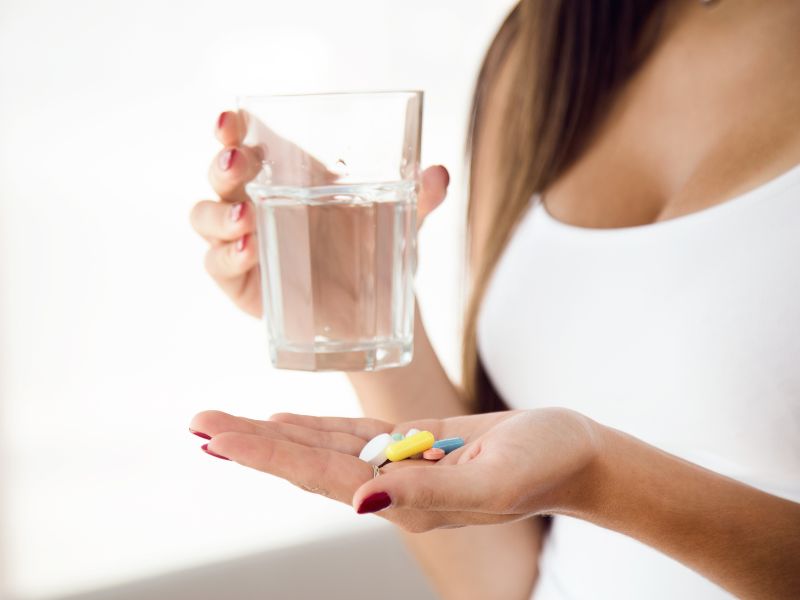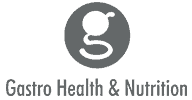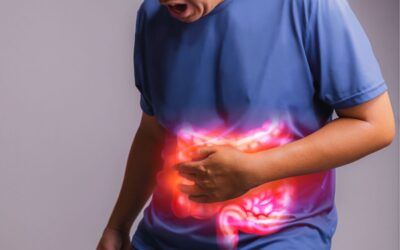Inflammatory bowel disease, known as IBD, consists of Crohn’s disease and Ulcerative Colitis. No specific food, diet or lifestyle causes, prevents or cures IBD. There is no single contributing element for the development of this condition, which means multiple factors can trigger the diagnosis. Your diet does not cause IBD, nor induces a flare, however modifying the diet can be helpful for managing symptoms during a flair.

How Specialized Diets Can Help IBD
While several specialized diets may be helpful for certain patients, no one plan has been proven to prevent or control IBD with the exception of enteral nutrition, which is delivered in a nutrient-rich formula.
Strategies to Help IBD
Keeping a food diary is a great way to manage flare-ups. A registered dietitian specializing in IBD, may recommend a particular diet based on your symptoms.
In general, certain recommendations are given, but please consult it with the dietitian to clarify if this pertains to your case.
- Start with a low-fiber or liquid diet until the situation is resolved. Avoid identified trigger foods.
- Do a low fiber diet: limit foods such as seeds, nuts, beans, fruit and bran.
- Try a low FODMAP diet (Fermentable, Oligo-, Di-, Monosaccharides and Polyols). The language may sound complicated, but it is a diet that cuts back on a group of sugars that can be poorly absorbed by your GI tract. This includes foods containing fructose, lactose, sugar polyols (sorbitol and mannitol), fructans (found in garlic, leeks, artichokes, and wheat), and galacto-oligosaccharides (found in lentils, chickpeas, and green peas).
- Stay away from caffeine and energy drinks.
- Use the Crohn’s And Colitis Foundation website as a guideline.

Effects of Supplements
Be careful with vitamins and mineral supplements. Remember that most of our needed vitamins are obtained just by eating a balanced diet. Some over-the-counter supplements can contain lactose, starch and other ingredients that can worsen your symptoms. Look for the United States Pharmacopeia symbol on the bottle.
Besides eating a recommended diet, some supplements may be suggested for patients with IBD. Talk to your health care provider about assistance from calcium, vitamin D, folic acid, vitamin B12, iron, and zinc.

Healthy Lifestyle Practices
As with any health condition, healthy lifestyle practices make it easier to manage your disease.
- Don’t smoke or quit to reduce symptoms.
- Get regular physical activity to build up bone mass.
- Eat a sensible diet.
By tuning in to your body, making healthy choices and working closely with your health team, you can enhance your quality of life, living with IBD.





0 Comments